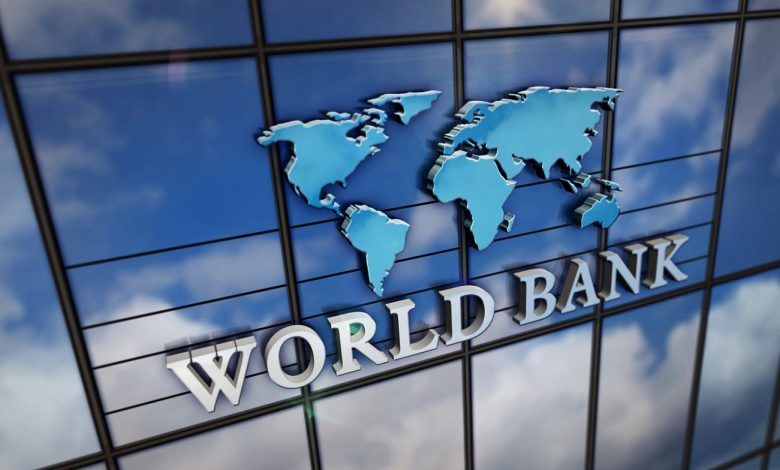
The World Bank has revealed that more than half of Nigeria’s population approximately 129 million people live in poverty, according to its latest Nigeria Development Update (NDU) report titled “Staying the Course: Progress Amid Pressing Challenges.” The report emphasizes the urgent need for the country to create productive jobs as a vital strategy for poverty reduction.
The World Bank states, “Without jobs, poor Nigerians will not be able to escape poverty. Poverty is high and rising in Nigeria.” The report highlights that the modest pace of economic growth has been insufficient to offset the erosion of purchasing power caused by inflation, resulting in a sharp rise in poverty levels. Since 2018, the percentage of Nigerians living below the national poverty line has surged from 40.1% to 56.0%.
This increase is compounded by ongoing population growth, with the report noting that Nigeria’s real GDP per capita has not recovered to pre-recession levels from the oil price-induced downturn in 2016. The COVID-19 pandemic further exacerbated the decline in economic activity, and the current growth rate fails to keep pace with inflation, diminishing overall purchasing power.
The report also addresses the structural issues of Nigeria’s economy, indicating that while job creation is essential for sharing the benefits of growth, merely having a job is not enough to lift individuals out of poverty. Many jobs in Nigeria are low-paying and lack productivity, leading to a situation where high employment rates coexist with high poverty levels.
“Even during periods of rapid GDP growth in the early 2010s, wealthier households reaped most of the benefits,” the World Bank stated. It highlights that many new jobs are concentrated in low-productivity sectors like retail and wholesale trade, which do not significantly improve living standards.
To effectively reduce poverty, the report calls for the creation of wage jobs through macro-fiscal stability, economic growth, and private sector development, alongside investments in human capital.
Following President Bola Tinubu’s approval of a new minimum wage of N70,000, the World Bank cautions that this initiative will have limited impact on the broader population. The report suggests that such measures primarily benefit formal wage workers, who represent only a small segment of Nigeria’s economically vulnerable population.
It also points out that many private sector employees earn less than the minimum wage, indicating enforcement challenges. Additionally, raising minimum wages may impose significant fiscal strain on Nigeria’s public finances.
“Focusing on excluded workers offers a clearer avenue for reducing poverty,” the World Bank asserts, advocating for broader strategies that include investing in infrastructure and supporting access to markets. The institution also recommends managing external migration effectively by assisting young emigrants in reaching countries where their skills are in demand.





